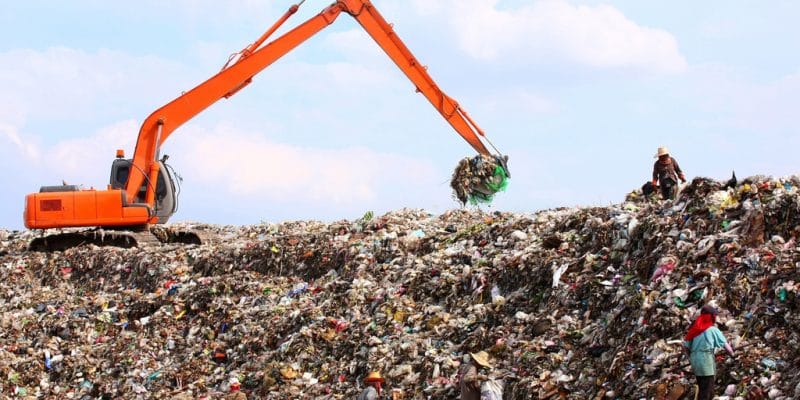Senegal has recently obtained a loan of $125 million from the International Development Association (IDA), a subsidiary of the World Bank. The credit is intended to finance municipal waste management in several urban centres in Senegal.
Senegal is currently receiving substantial support for the implementation of its urban waste management policy. This support comes from the International Development Association (IDA), the World Bank subsidiary that provides loans to low-income countries to support their development. The Board of Directors of this financial institution has approved a loan of $125 million to finance the Municipal Solid Waste Management Project in Senegal.
The aim of this Senegalese government initiative is to strengthen solid waste management in Senegal and improve solid waste management services in several municipalities. The project will also strengthen the institutional framework governing the waste sector. The objective is to ensure the efficiency of investments in the waste sector and the creation of an enabling environment for the private sector.
A solution for the Mbeubeuss landfill site
According to Nathan Belete, Country Director of the World Bank, “Senegal has experienced rapid urbanisation that is putting a strain on municipalities that must effectively deliver essential services. The launch of the National Solid Waste Management Programme has shown a real commitment on the part of the government to find a sustainable solution to meet this challenge”.
The Senegalese government’s main challenge in waste management is focused on the Mbeubeuss landfill serving the greater Dakar area. This open-air landfill (114 hectares, the equivalent of almost 200 football pitches, editor’s note) is at the root of tensions between the local population and the authorities. One of the objectives of the project supported by the World Bank through IDA is to resolve this thorny issue.
The municipal solid waste management project in Senegal specifically foresees the establishment of a waste treatment and disposal system to be financed under a public-private partnership (PPP). According to the World Bank, the Senegalese government is preparing feasibility studies and invitations to tender for the rehabilitation of the Mbeubeuss landfill site. This project will be implemented in several phases.
The first phase will enable emergency measures to be put in place to improve the site and the working conditions of the waste collectors. The landfill will also be secured to prevent unauthorised persons from entering. Mbeubeuss will then be redeveloped with the aim of reclaiming part of the land, covering, revegetating and stabilising the waste on the site. The remodelling of the waste will allow the optimisation of the landfill site, as well as the management of leachate. The reclaimed land will allow the construction of a waste sorting and composting centre that will employ the former waste pickers.
Waste management in suburban areas
The $125 million loan from IDA will also support waste management in other parts of Senegal. These include the North, Thiès and Casamance regions, where several illegal dumps will be cleared depending on the size and value of the land. In collaboration with the Senegalese Ministry of Urban Planning, Housing and Public Hygiene, local administrations will develop waste recovery with the support of private stakeholders.
“About 6 million people in seven regions of Senegal will benefit from improved waste management services, 5,000 people will receive training, and all municipalities will also benefit from stricter regulations and a more effective mechanism for mobilising resources and establishing partnerships with private companies in the sector,” explains Farouk Mollah Banna, head of the World Bank Task Force.
The Municipal Solid Waste Management Project in Senegal will require an overall investment of $295 million. It is also supported by the French Development Agency (AFD) and the Spanish Agency for International Development Cooperation (AECID).
Jean Marie Takouleu







